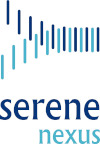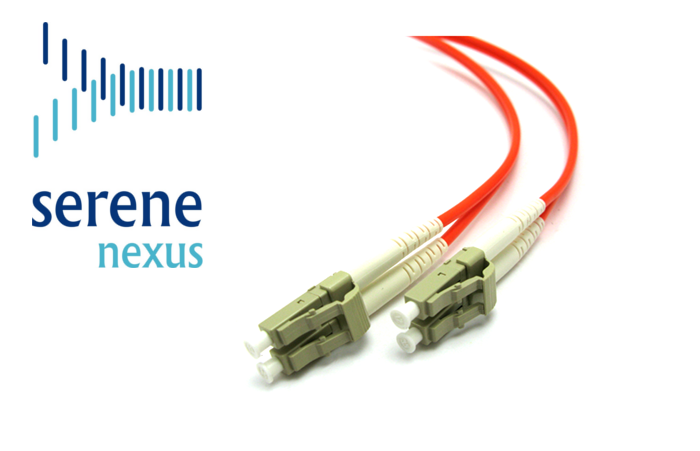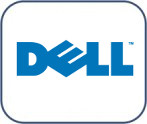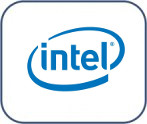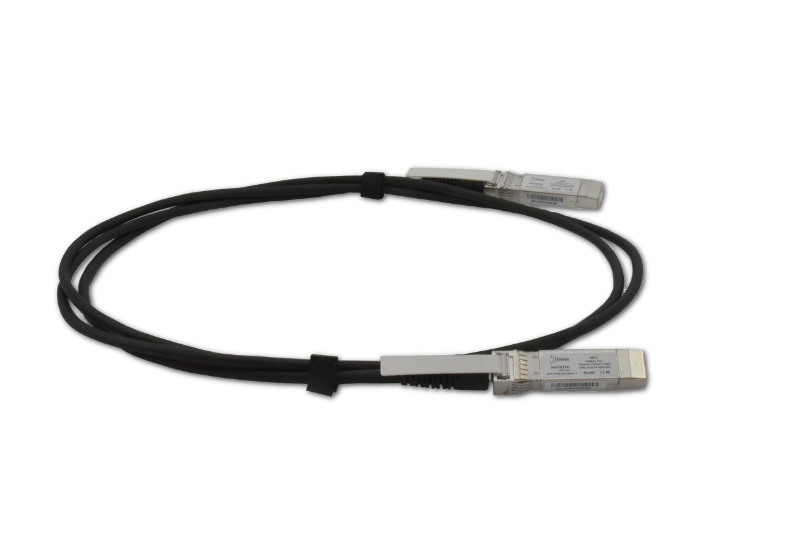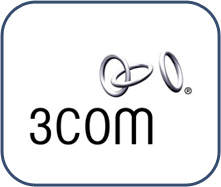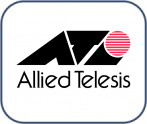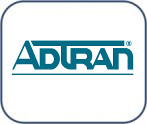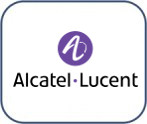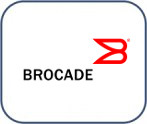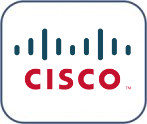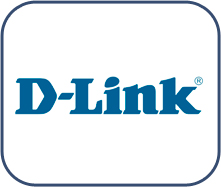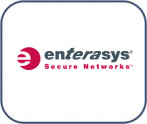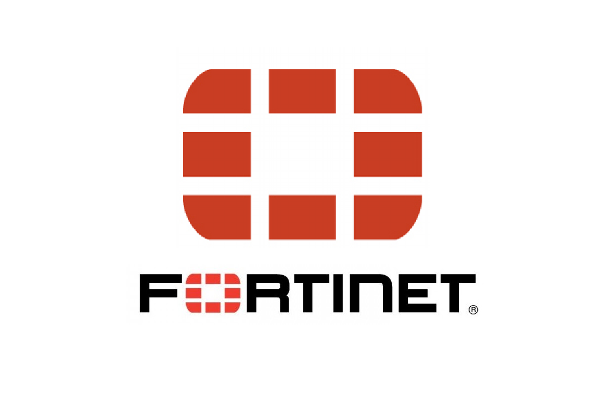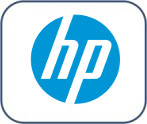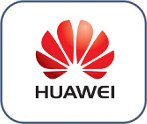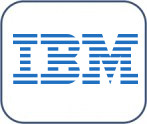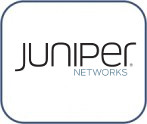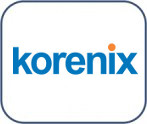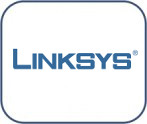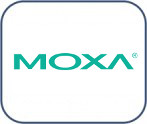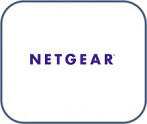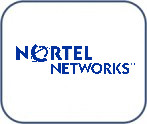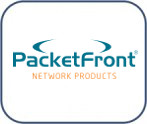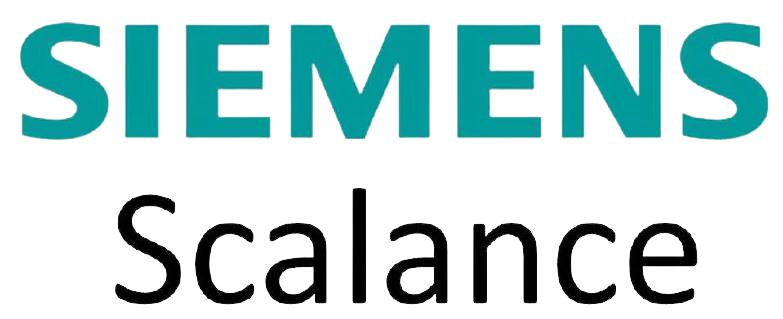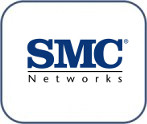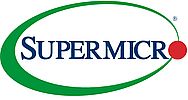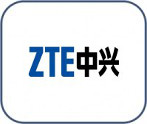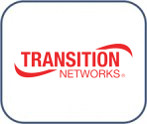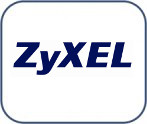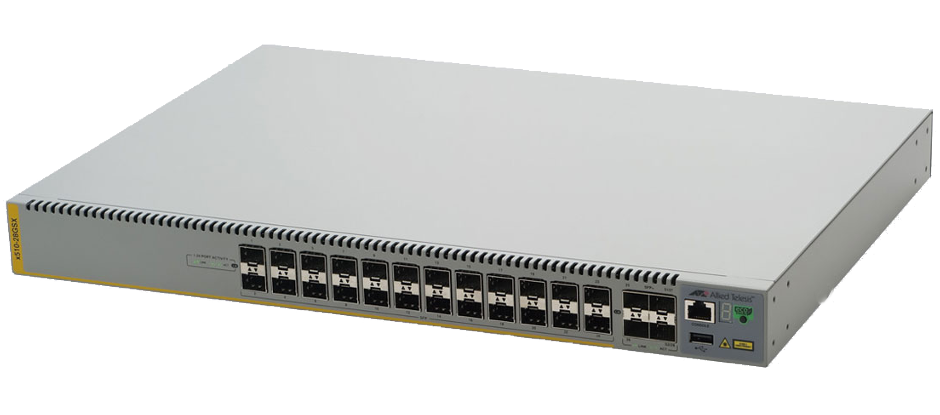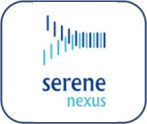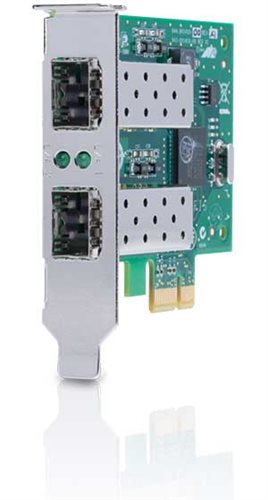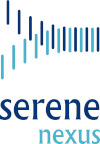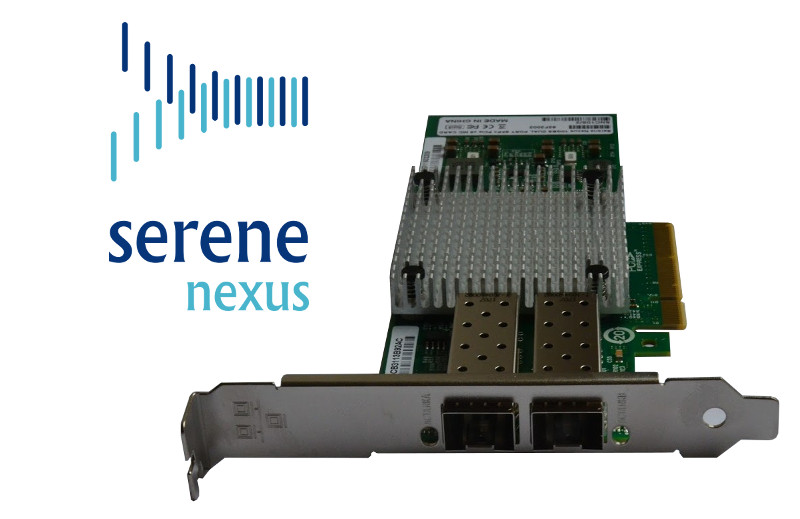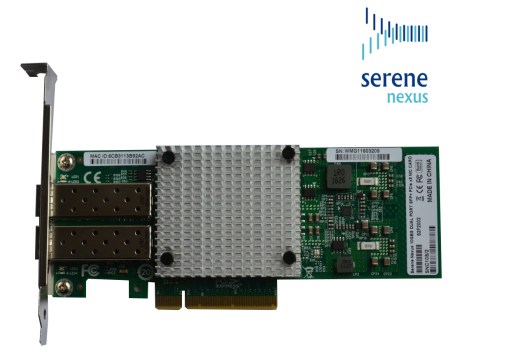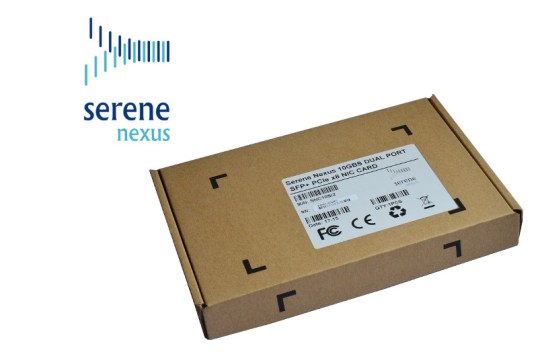X520-SR2-C karta światłowodowa 2x 10GBase-SR
Netto 1329,00 PLN
Brutto 1634,67 PLN
Liczba sztuk w magazynie: 3
Opis
Światłowodowa karta sieciowa Serene Nexus X520-SR2-C (zgodna z Intel X520-SR2, PCI-Express x8, 2x 10GBase-SR, chipset Intel 82599ES)
Opis X520-SR2-C
Serene Nexus X520-SR2-C to zarządzalna karta sieciowa pracująca w standardzie 10GBase-SR Ethernet. Wyposażona została w szynę PCI-Express x8. Urządzenie wyposażone jest w dwa podwójne złacza LC.
Zasięg transmisji danych oraz rodzaj obsługiwanego światłowodu definiowany jest przez użyty światłowód. W przypadku OM3 zasięg transmisji to 300m a dla OM4 - 400m.
Oprócz karty i płyty ze sterownikami, opakowanie zawiera dodatkowe mocowanie (tzw. śledź, ang: bracket) o rozmiarze low-profile.
Karta używa oryginalnych sterowników Intel i jest zgodna z kartą Intel x520-SR2.
Serene Nexus x520-SR2-C może, między innymi, zastapić karty:
Intel X520-SR2
Supermicro AOC-QLE256
Supermicro AOC-QLE2672
Qnap LAN-10G2SF-MLX
Lenovo 49Y7960
Emulex VFA5.2
Cechy produktu
- Chipset: Intel 82599ES 10 Gigabit Ethernet Controller
- Dwa podwójne złącza LC
- Transmisja z wykorzystaniem fali 850nm na dystansie:
- 300m dla światłowodu OM3
- 400m dla światłowodu OM4
- Low-profile
- Load balancing na wielu procesorach
- Wsparcie dla iSCSI remote boot
- Wsparcie dla Fibre Channel over Ethernet (FCoE)
- Zgodna z norma RoHS
- Wspiera Intel PROSet Utility dla Windows Device Manager
- Time Sync (IEEE 1588, 802.1as)
- Wsparcie I/O Features for Multi-core Processor Servers
- Intel Direct Cache Access (DCA)
- Zgodna z MSI-X
- Low Latency Interrupts
- Header Splits and Replication in Receive
- Obsługa wielu kolejek: 128 kolejek Tx oraz Rx per port
- Tx/Rx IP, SCTP, TCP, UDP checksum offloading (IPv4, IPv6) capabilities
- Tx TCP segmentation offload (IPv4, IPv6)
- Receive and Transmit Side Scaling for Windows environment and Scalable I/O for Linux environments (IPv4, IPv6, TCP/UDP)
- IPsec Offload
- MacSec
Cechy wirtualizacyjne
- VMDq
- Next-Generation VMDq1(64 kolejek per port)
- PC-SIG SR-IOV Implementation (64 virtualnych funkcji na poert)
- Virtual Machine Load Balancing (VLMB)
- Advanced Packet Filtering
- VLAN support with VLAN tag insertion, stripping and packet filtering for up to 4096 VLAN tags
- Manageability Features
- Preboot eXecution Environment (PXE) Support
- Simple Network Management Protocol (SNMP) and Remote Network Monitoring (RMON) Statistic Counters
- iSCSI Boot
- Watchdog Timer
- Adapter Product Features
- Intel PROSet Utility
- Plug and play specification support
- Receive Side Scaling
- Direct Cache Access (DCA)
- Advanced Software Feature
- Adapter fault tolerance (AFT)
- Switch fault tolerance (SFT)
- Adaptive load balancing (ALB)
- Teaming support
- IEEE 802.3ad (link aggregation control protocol)
- PCIe Hot Plug*/Active periphera; component interconnect (PCI)
- IEEE 802.1Q* VLANs
- IEEE 802.3 2005* flow control support
- Tx/Rx IP, TCP, & UDP checksum offloading (IPv4, IPv6) capabilities (Transmission control protocol(TCP), user datagram protocol
- (UDP), Internet protocol (IP)
- IEEE 802.1p
- TCP segmentation large send offload
- MSI-X supports Multiple Independent Queues
- Interrupt moderation
- IPv6 offloading Checksum and segmentation capability extendedto new standard packet type
Wsparcie dla następujących systemów operacyjnych (NOS).
- Windows 7 32-bit(64-bit)
- Windows 8 32-bit(64-bit)
- Windows 8.1 32-bit(64-bit)
- Windows Vista 32-bit(64-bit)
- Windows Server 2003 32-bit(64-bit)
- Windows Server 2008 32-bit(64-bit)
- Windows Server 2008 R2 32-bit(64-bit)
- Windows Server 2012 32-bit(64-bit)
- Windows Server 2012 R2 32-bit(64-bit)
- Linux kernel 2.6.30 or greater (x86_64) (w/ SR-IOV support)
- FreeBSD 7.2 lub późniejszy
- Linux RHEL 5.6
- Linux RHEL 6.x
- Linux SLES 11 SP1
- Linux SLES 10 SP4
- OS Independent
- DOS NDIS 2
- DOS ODI
- EFI 1.1
- UEFI 2.1
- Vmware ESX 4.0
- VMware Workstation



